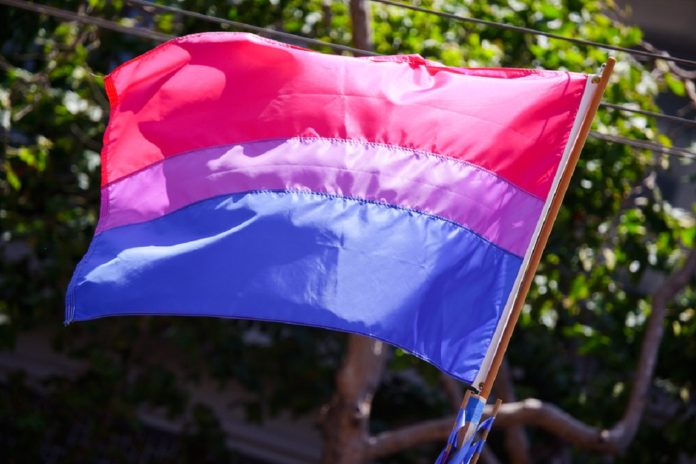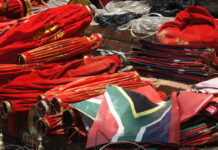Bisexuality: “the potential to be attracted — romantically and/or sexually — to people of more than one sex and/or gender.” (This definition includes those who fall anywhere on the gender spectrum.)
We have a problem of understanding things in binaries: limiting possibilities to two options that are usually mutually exclusive. The dangers of binary thinking have even leaked into how we understand sexuality. While bisexual people make up a significant chunk of the LGBTQI+ population, they often face erasure from straight people and even the queer community. Bisexual erasure (or bisexual invisibility) questions the existence or legitimacy of bisexuality. And because of this, bisexual people often feel like they’re stuck in limbo — not “gay” enough for some, and not “straight” enough for others. The Daily Vox spoke to bisexuals about the discrimination they face and what they would like people to know about bisexuality.
Carl Estherhuizen*, 24
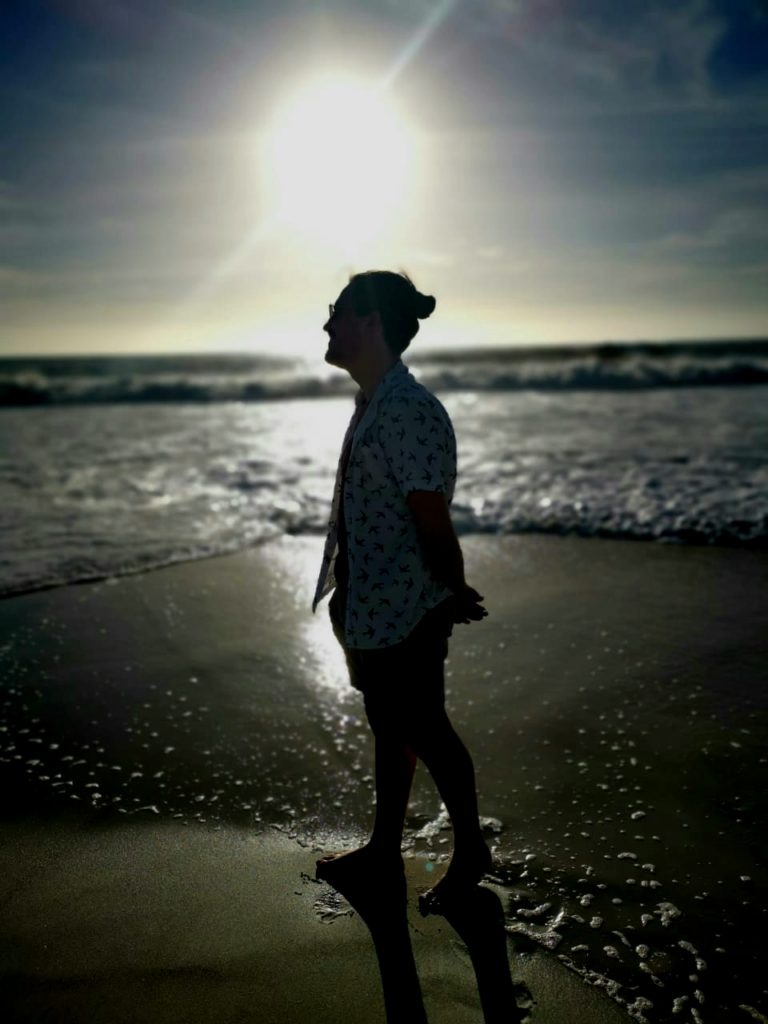
Even in communities where people are progressive and respecting of LGBT people, the idea of being bi, or pansexual, or anything that isn’t a binary sexuality, is left out. My parents would be okay if I was gay. They would have been okay if I wanted to be more feminine. But it was one or the other: you have straight people and gay people. There was no idea that perhaps it was not that simple. This made it hard to figure out who I was and what I was feeling. Throughout my youth, I didn’t feel like I fitted in anywhere. It’s only at university that I realised maybe the reason I’m not sure whether I’m straight or gay is because I’m neither.
Often straight people feel more comfortable voicing their concerns with LGBT persons to me. It’s as if I’m not part of the community because I’m dating a woman in a monogamous relationship. I used to date a girl who thought it was supportive to ask me if I’d like to hook up with dudes while I’m with her even though I’m a monogamous person. Her mother was convinced I was really gay and going to leave her daughter for a man some day when I came terms with my sexuality. I’ve had a range of that told to me by both gay and straight people.
Chantel Pieterson*, 23
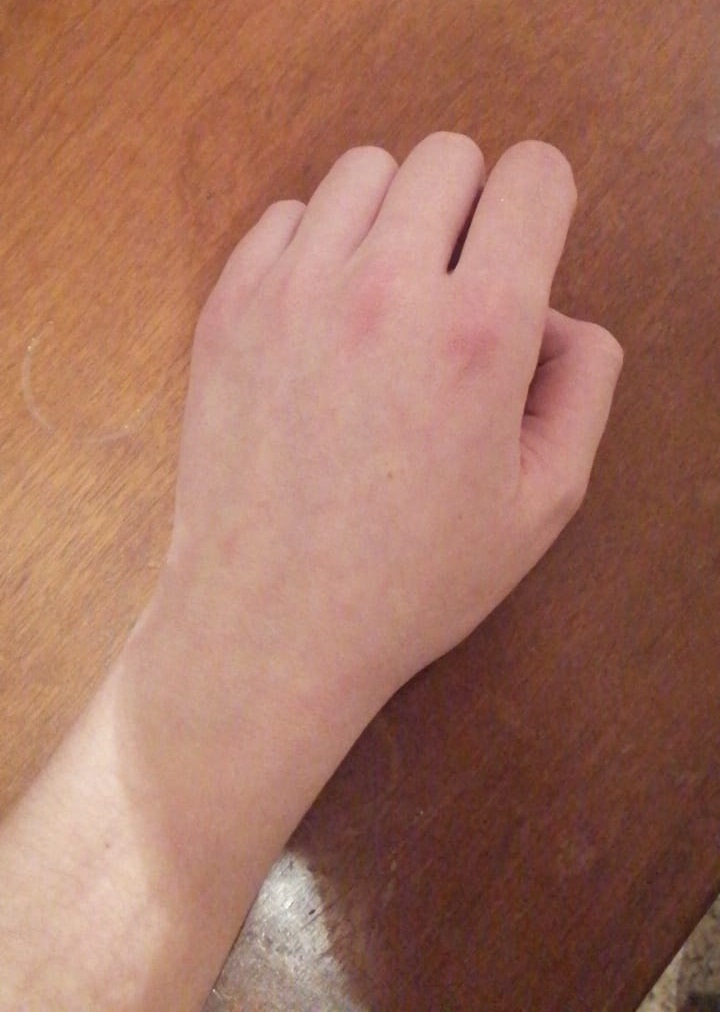
How I would say bi people are being discriminated against and what I would want people to know about being bi basically comes down to the same thing. Being bi does not mean you can’t choose between male or female or you just want to keep your options open or you’re scared to say that you are gay. Most people assume this of bi people. People aren’t educated about bi individuals. We aren’t confused about who we’d more prefer between male or female. We don’t want to keep our options open. We’re not too scared to say we’re gay. Honestly, if we have the guts to say we’re bi, we sure as hell will have the guys to say that we are gay because there’s even discrimination from the LGBT community towards bi people. But hello! B stands for bisexual. Not belittling our sexuality.
Megan King*, 20
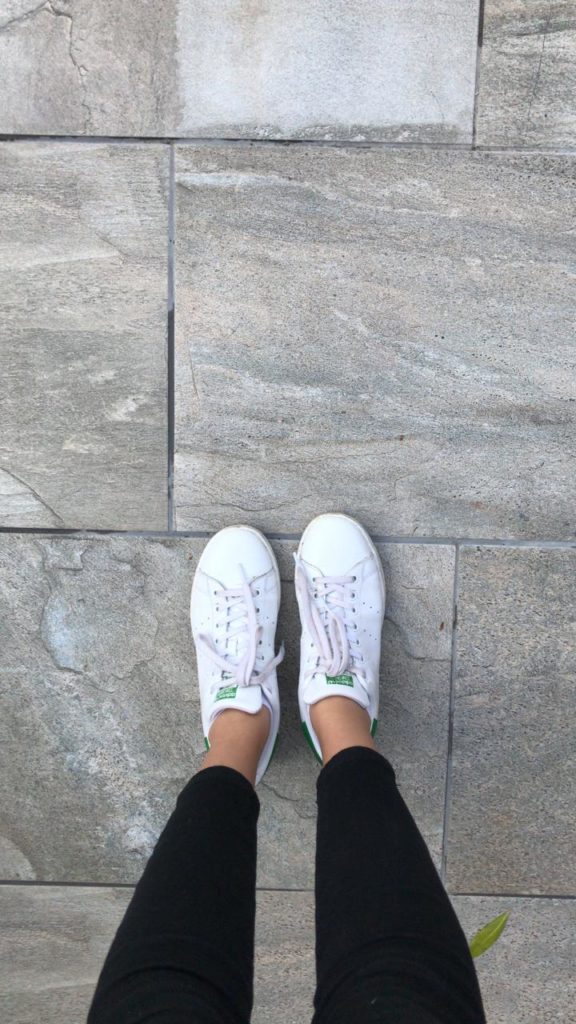
It took me a while to come out to my friends because over a year ago we were talking and my friend asked us if we’ve ever had a ‘bisexual phase’. She said she’s never had one but apparently every girl goes through one. I didn’t say anything because I knew I would out myself. Even though I know they’re okay with me being bi, all I can think of is how they probably think it’s a phase.
I haven’t come out to any family yet, mainly because they have very old and traditional values. My mom pretends that she’ll be okay with it, but I doubt it. I know if I come out as ‘bisexual’ they’re going to assume that I am either gay and just trying to say I’m still into guys, or currently interested in girls but eventually will end up with a man. I have an aunt who is gay that I really want to speak to, but I’m genuinely terrified that because I still like men she’ll be standoffish about it. I’ve heard my family talking about how it’s either one or the other, not both. I’ve tried to say you don’t only have to be attracted to one gender. It really sucks because if I ever come out to my family they will not believe that I am bisexual.
Natasha Parker*, 23
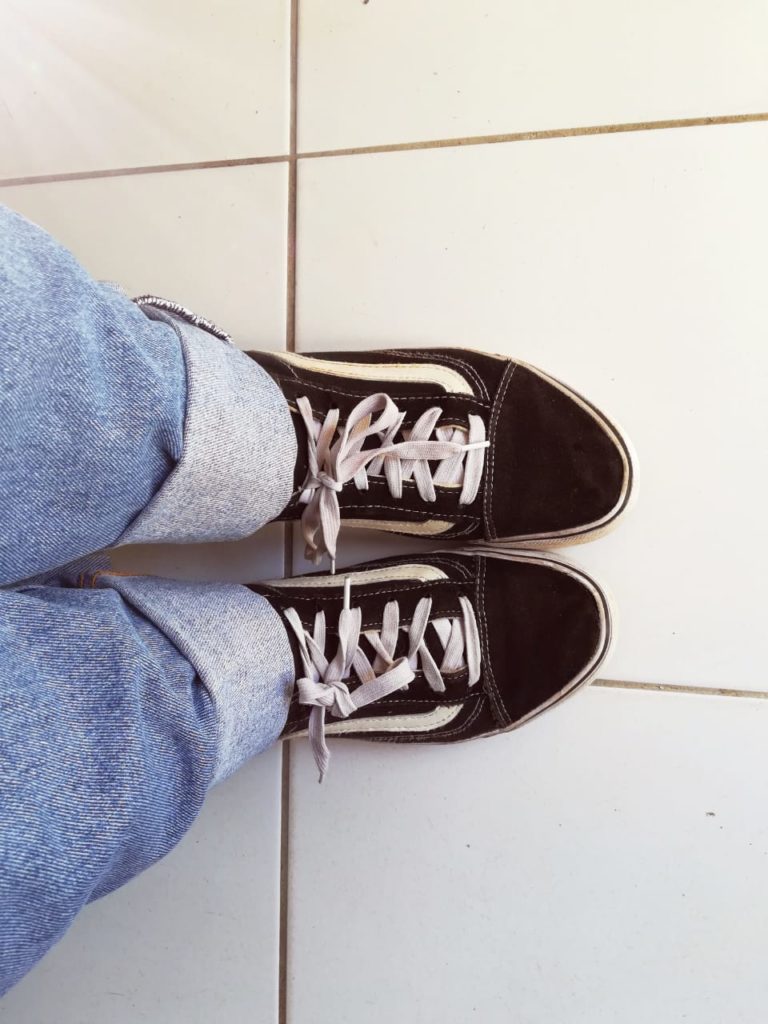
I identify with bisexuality, but I’m not out to my family yet, only my close friends and on social media platforms that I know my family don’t frequent. So I feel like I’m not as directly exposed to discrimination as someone who is open and out about being bisexual. I think most of the discrimination I face comes indirectly from being subjected to bigoted conversations with my family who are staunch Catholics, which is one of the main reasons why I haven’t come out yet. I always find it a little ironic that the most hatred towards queer people come from people whose faith teaches love and kindness.
People have a lot of misconceptions about bisexuality. It’s also quite difficult to define because it’s so subjective to the person, so terms like ‘greedy’ or ‘transphobic pansexual’ often comes up. Those phrases don’t sit right with me because of my definition of bisexuality. Reducing love and a relationship between people to their gender, or lack thereof, is just disingenuous and problematic. If a bisexual person is in a straight-passing relationship, that doesn’t stop them from being bisexual, the same goes for if they’re in a same-sex passing relationship. The easiest way people can educate themselves on things that they might not be familiar with is to approach it with an open mind and kindness.
Luke Waltham, 21
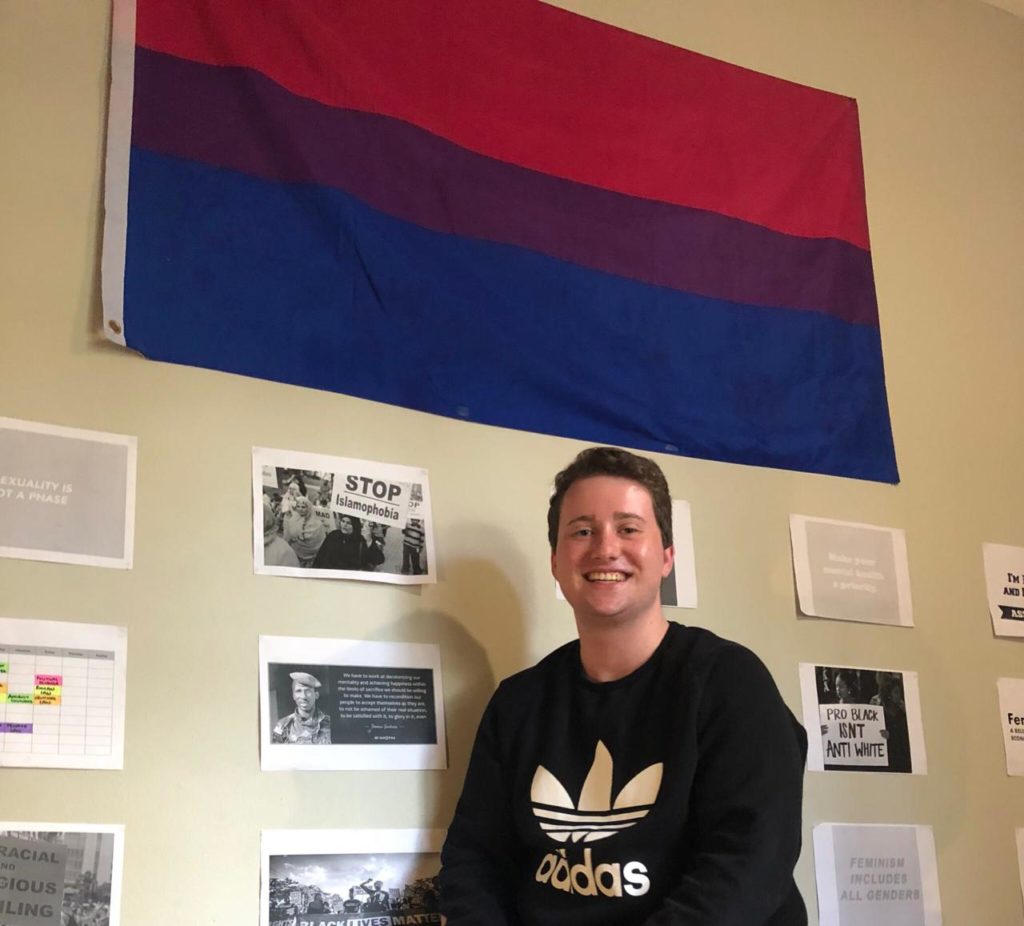
Bisexuality is a sexual orientation just like other sexual orientations such as heterosexuality and homosexuality and pansexuality. It is not a phase, it is not a stepping stone towards homosexuality. It is not an experimental phase in a person’s life. A lot of the time, there are ignorant people that believe being bisexual is simply a phase. That is a massive problem. There are also many negative stereotypes towards it: that you are promiscuous, that you are a cheater. These stereotypes are not true at all. Cheaters are cheaters regardless of their sexual orientation. Bisexual individuals just want to exist and be accepted in both the LGBTQ+ community and the community at large.
*Names have been changed.
Voxes have been edited for length and brevity.

